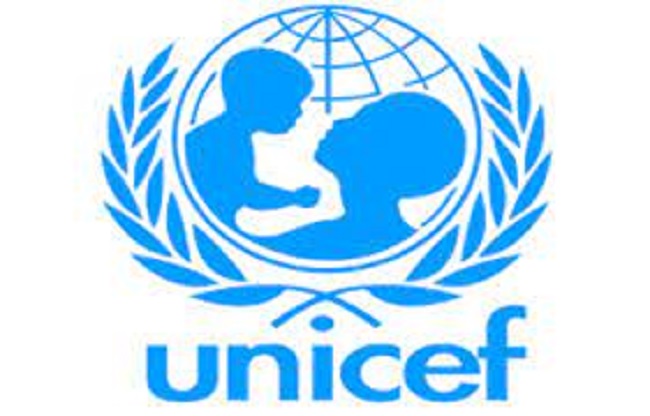The United Nations Children’s Fund (UNICEF) has initiated efforts to build the capacity of civil society organizations and the media on child-friendly budgeting in Zamfara, Sokoto, and Kebbi states, highlighting that 84 percent of children in these states are multidimensionally poor.
Speaking on Tuesday during a two-day workshop for the media and civil society organizations held in Birnin Kebbi, UNICEF Social Policy Specialist Isah Ibrahim disclosed that children facing multidimensional poverty experience deprivation in at least three dimensions of well-being simultaneously.
“Children are deprived of nutrition, water and sanitation, healthcare services, shelter, and education. Among these, 84 percent of children in Sokoto, Zamfara, and Kebbi states are multidimensionally poor,” he stated.
During the capacity-building workshop, a sensitization lecture was delivered by the UNICEF Social Policy Specialist on the importance of investing in children and what that means in practice, along with the UNICEF Public Finance for Children (PF4C) strategic framework and its implications for the three states.
ALSO READ:JUST IN: Nigeria’s inflation rises to 32.70% — NBS
Additionally, a lecture was given on the budget cycle concept and the Medium-Term Expenditure Plan (MTEP) development process, focusing on making public finance child-sensitive in Sokoto, Zamfara, and Kebbi.
At the workshop, experiences were shared regarding citizen budget participation and monitoring of budget implementation and reporting, including challenges, lessons learned, and recommendations from co-chairs on the Open Government Partnership (OGP) in Sokoto, Zamfara, and Kebbi states.
Challenges and recommendations from Zamfara were presented by state OGP co-chair Adamu Kotorkoshi, represented by Bashir Hashimu of the Center for Community Excellence (CENCEX), along with Musa Umar, Executive Director of the Voluntary Aid Initiative (VAI), who served as secretary in the state.


